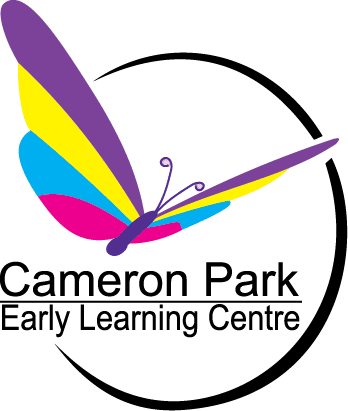Curriculum
At Cameron Park Early Learning Centre, we implement a curriculum based on the National Early Years Learning Framework, which describes childhood as a time of Belonging, Being and Becoming. The framework also sets out 5 key learning outcomes of what children learn and how they develop during these formative years.
Through collaboration with children, families and the wider community, our educators develop programs that enable children to learn through play-based experiences and promote diversity, knowledge, culture and values. These experiences build children’s awareness of the world, helping them to become successful learners and confident, creative and active individuals. For any details about our program or to enquire about our service, please contact our centre today.
Our responsive and integrated curriculum is guided by the National Early Years Learning Framework, a document that is underpinned by three core values, Belonging, Being and Becoming.
As Early Childhood educators we use the framework in collaboration with children, families and communities to develop inclusive and equitable learning programs that respond to family diversity, knowledge, culture, values and strengths.
The Early Years Learning Framework describes childhood as a time of Belonging, Being and Becoming.
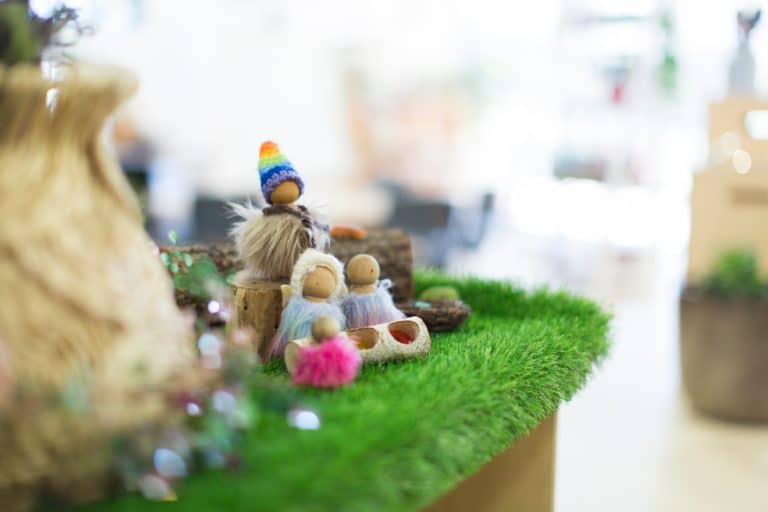
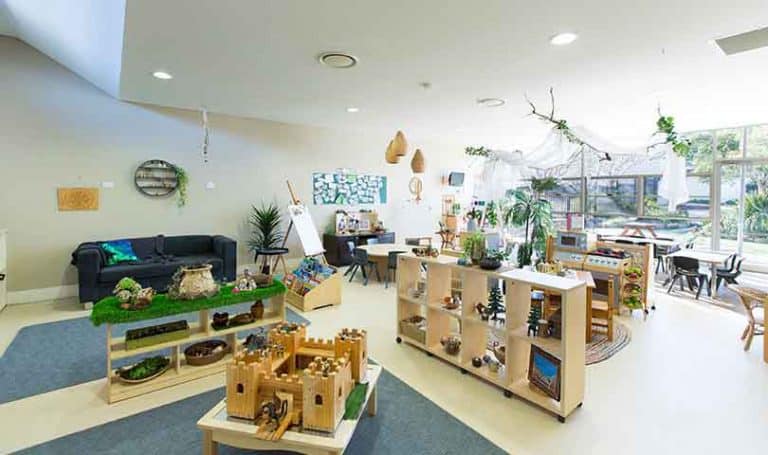
Belonging, Being and Becoming
Belonging: Feeling a sense of belonging is the basis for living a fulfilling life. Children feel they belong through positive relationships they have with their family and community.
To nurture belonging we ensure children are listened to and are consulted in matters that affect them, honouring their rights to make decisions and feel appreciated for who they are what they contribute. We remain responsive to their cues, learning interests, styles and strengths. Such practice validates their relationships, intentions and experience as meaningful and worthwhile.
Being: Living here and now.
Recognising childhood as a special time in life, a time to play, to seek and make meaning of the world.
We foster children’s sense of Being by providing opportunities to freely express themselves to create, experiment, explore and construct, trusting their own momentum to fully embrace their childhood.
Becoming: Having the opportunity to reach their potential and become who they aspire to be.
We support children’s Becoming by empowering them to be independent whilst also learning the power of working in interdependently with others. We acknowledge and respect children as strong, capable, competent and knowledgeable beings.
This instils in them a sense that they become whoever they aspire to be.
The Framework has a set of 5 Learning Outcomes that indicate what we expect children will learn and develop in their early years.
These outcomes assist us to identify children’s strengths and capabilities. As partners in children’s learning we help them achieve and work towards these outcomes in meaningful ways.
The 5 Learning Outcomes
Outcome 1: Children have a strong sense of identity
We facilitate this by creating an atmosphere where children feel safe, secure and supported. Where they are encouraged to treat each other with care empathy and respect and learn to work with other and build trusting relationships.
Outcome 2: Children are connected with and contribute to their world
Children are guided to participate in group discussions, collaborative learning projects and be involved in shared decision making about matters that affect them.
Outcome 3: Children have a strong sense of wellbeing
We support children to become strong and responsible for their own health and wellbeing to make positive health, nutrition and lifestyle choices.
We provide opportunities for children to make choices, accept challenges, take calculated ricks and manage change. We positively affirm these attempts and accomplishments.
Experiences and spaces are created for children to explore movement, seek solitude and simply delight in the wonder and joy of their every day learning and discovery.
Outcome 4: Children are confident and involved learners
We encourage children to develop dispositions that help them to learn such as curiosity, co-operation, confidence, creativity, commitment, enthusiasm, resilience, persistence and imagination.
We help children develop a range of skills and processes to support learning such as problem solving, experimentation, hypothesising, researching and investigation.
We encourage children to resource their own learning through connecting with people, technologies and materials by providing experiences that involve children in the broader community. Open ended and flexible resources are also presented for children to explore and represent their thinking and knowledge.
Outcome 5: Children are effective communicators
The children’s verbal and non verbal language skills are developed by engaging them in positive interactions, sustained, collaborative discussions and conversations where they are encouraged to respond, ask questions, hypothesise and explore concepts.
Children are given opportunities to engage with a range of texts in our literacy enriched environment, enabling them to gain meaning and develop their understanding literacy concepts.
We encourage children to express their ideas and make meaning through drawing, writing, painting, sculpture, drama, dance, movement and construction. All of which are considered languages for children to communicate and process their thinking and learning.
We help children build numeracy skills by developing their understanding of how symbols and pattern systems work. We facilitate this through using a mathematical vocabulary to explain related concepts and by providing them with everyday material to explore, create patterns, sort, classify, order and compare.
Providing this foundation we help children to become successful learners, confident, creative individuals and active and informed citizens. ( Belonging, Being and Becoming, 2009)
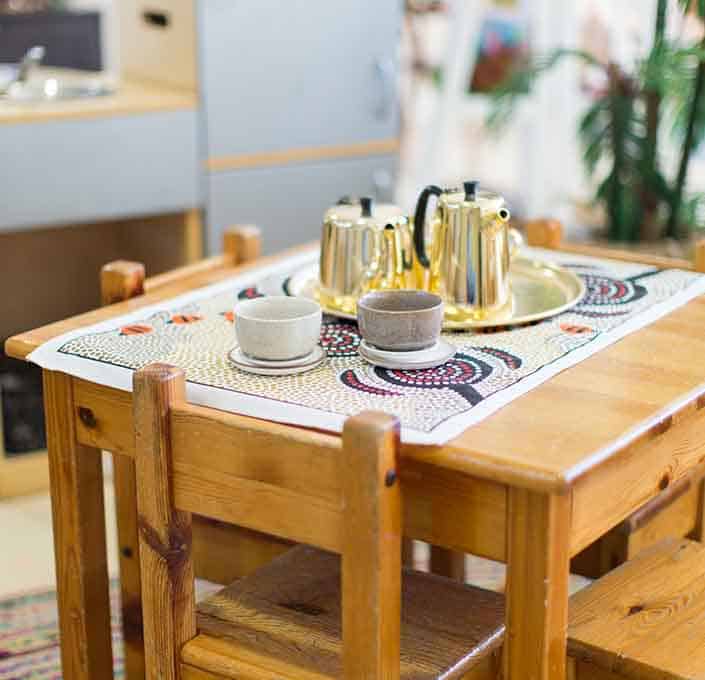
Our Unique, Specialised Programs
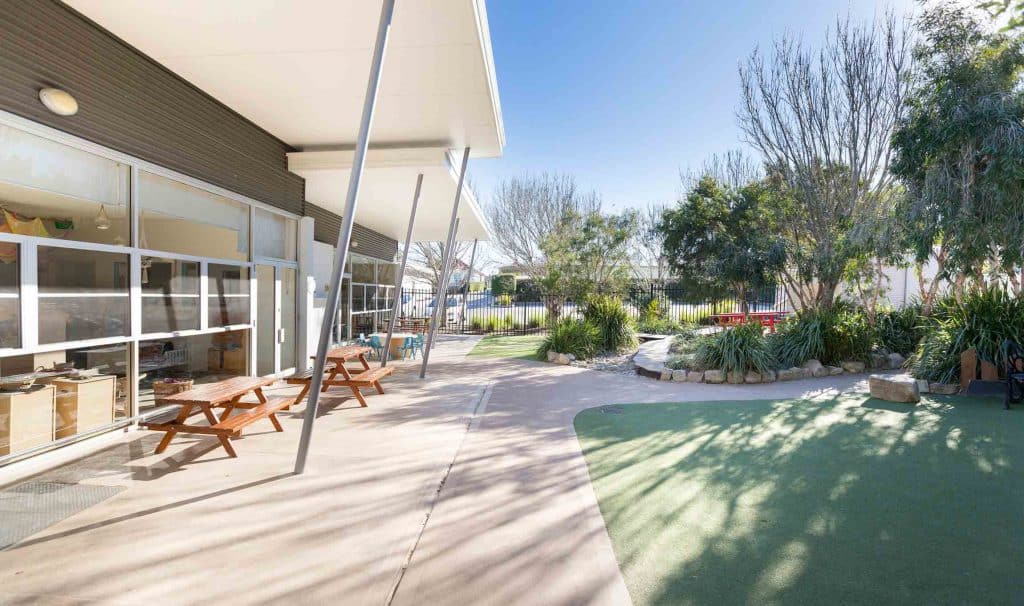
Transition to School
In collaboration with Newcastle University, our service undertook a major research study into Transition to School. The research insights improved our transition to school programs and due to their success were highly recognised in our school communities for their innovation. Affirming the integrity of our teacher research project we also won first place in the prestigious international Early Childhood Awards in Italy.
The credibility of our research was founded on the importance of consulting children and drawing from their insights, learning how we can best tailor and improve transition to school programs.
We continue to forge out effective and collaborative transition to school programs, providing children with every opportunity to make a positive and successful transition to school.
Mindfulness and Virtues Education
Our mindfulness program supports children to become aware of what is happening right now around them and within them, through their senses and feelings. Engaging mindfulness strategies, we equip children with the tools to regulate their emotions, calm the mind and focus attention. Mindfulness works to improve the mental, emotional, social and physical health and well-being of young children.
Breathing exercises, yoga, guided walks in nature, auditory visualisation stories and calming music are all mindfulness experiences integrated into our programs to support children’s wellbeing.
Embracing Virtues Education
The virtues approach creates a safe place for children to learn and play as they develop their understanding of the character virtues. Teaching the language of virtues works to build children’s self esteem as well as enhance and strengthen their relationships and refine their emotional intelligence.
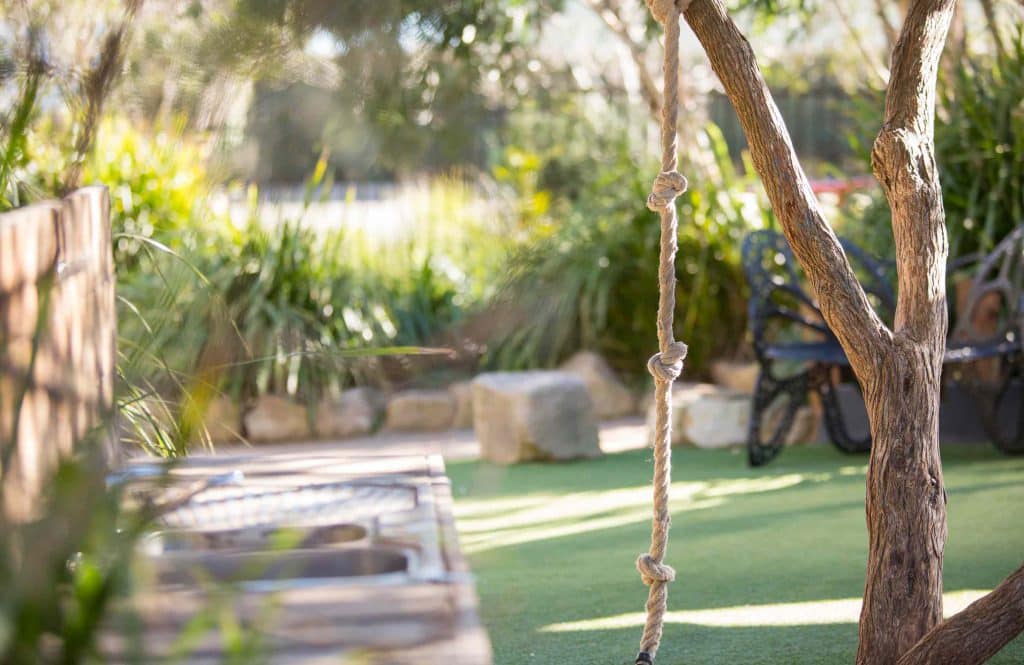
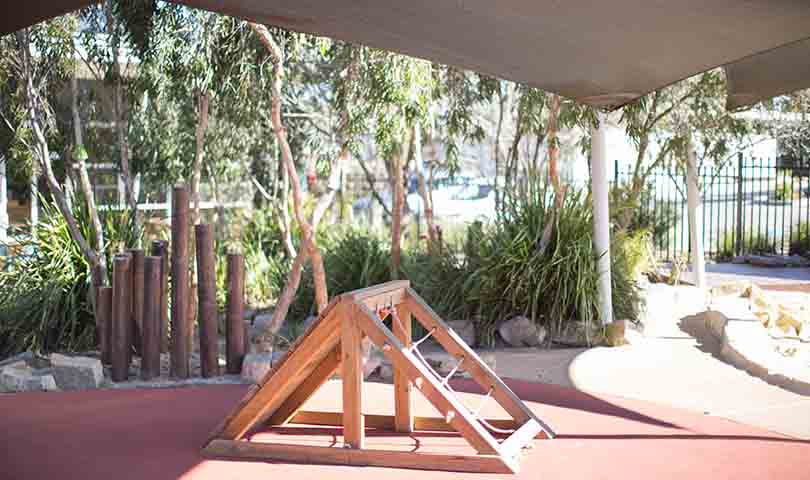
We use the language in our interactions with children and reach them through stories, songs and in our shared discussions and conversations.
The virtues we encourage in children are:
- Kindness
- Confidence
- Compassion
- Consideration
- Courtesy
- Creativity
- Determination
- Flexibility
- Generosity
- Gentleness
- Helpfulness
- Joyfulness
- Love
- Orderliness
- Patience
- Peacefulness
- Purposefulness
- Reliability
- Respect
- Reverence
- Thankfulness
- Trust
- Friendliness
Storypark
To effectively communicate children’s learning and development we currently utilise a secure online program called ‘storypark’. This program will allow you to readily access information regarding your child’s learning and development. It is also a means in which families can share ideas, knowledge of the child, and aspirations with our educators.
